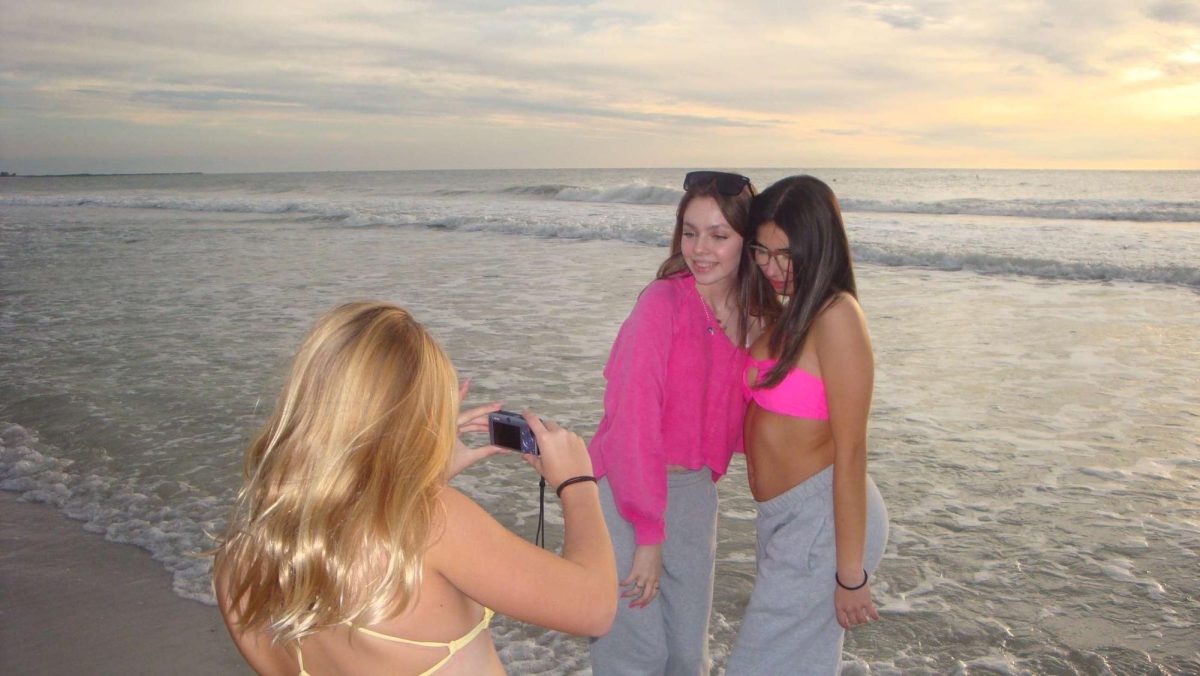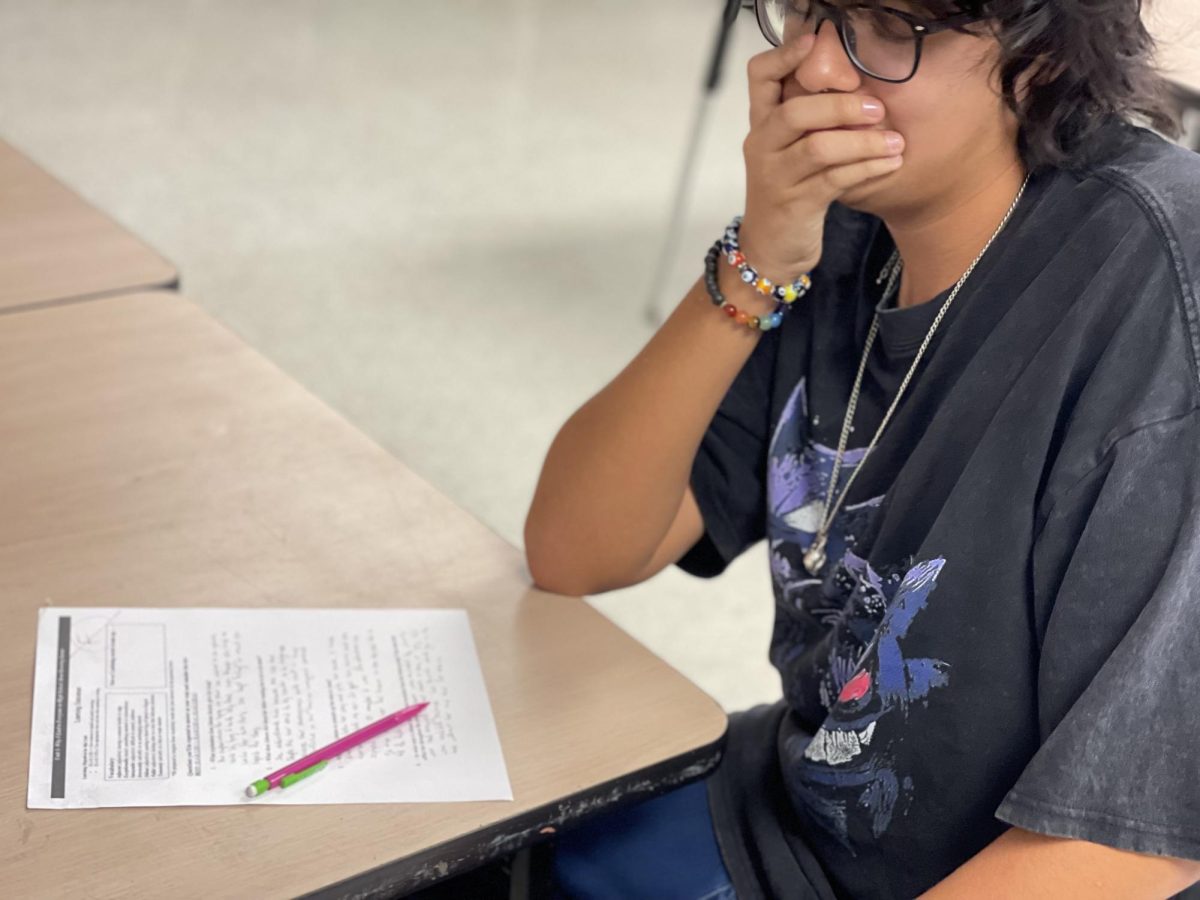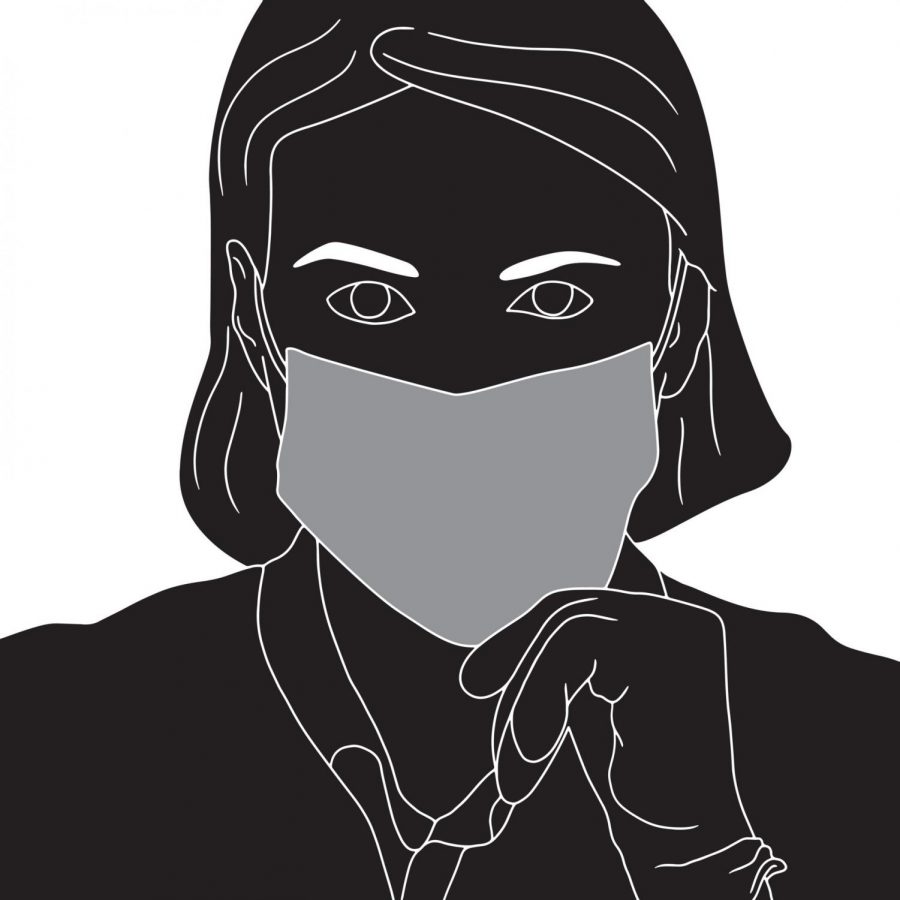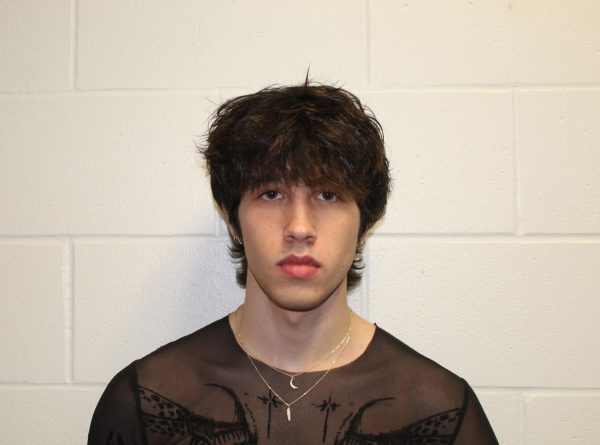To mask or not to mask
The coronavirus started its spread in 2019, and ever since, the discussion continues on whether masks are beneficial to help stop the spread.
September 2, 2021
According to www.firstpost.com/heath (Links to an external site.), on Nov. 17, 2019, a 55-year-old individual from Hubei province in China may have been the first person to have contracted the coronavirus, eventually spreading across the globe.
Based on a study conducted by the University of Tokyo, Cotton, surgical and N95 masks have been told to reduce transmission of the virus’s droplets but still do not completely block all particles. Even though masks are to be used as a simple barrier to help prevent your respiratory droplets from reaching others, there are still high chances that the coronavirus can be transmitted through microscopic droplets.
The author Birgitte Svennevig, elaborates on https://www.sciencedaily.com (Links to an external site.) “More recent studies estimate that we use an astonishing 129 billion face masks globally every month, most are disposable face masks made from plastic microfibers, meaning that almost three million disposable face masks are used in a minute.”
Kassidy Vonhusen (’24) researched mask effectiveness for herself and found her point of masks being unbeneficial. “Masks don’t stop Coronavirus, they help, but I saw an experiment where someone painted a house red with a mask on the entire time and the color of their nose inside was the color of the paint. Disposable masks harm the environment when people throw them outside or throwing them away after a small amount of use,” Vonhusen said.
Even though people like Vonhusen complain of headaches when wearing their face masks, they are not due to lack of oxygen or a buildup of carbon dioxide.
“I have received a headache from wearing my mask in school multiple times and it affects my ability to focus in class,” Vonhusen said.
According to experts at https://ctrlmhealth.com (Links to an external site.) “Compression headaches can develop from the tight bands that secure the mask to your head.” Headaches have been found to negatively impact the student’s study and sleep patterns, their attention levels during lectures, and their social and emotional life.
Kayla Larson (‘24) believes that masks are beneficial to help stop the coronavirus. “I don’t really have a favorite thing about wearing a mask. If I had to say something though, it would be that I feel protected against getting sick and that worry is not on my mind,” Larson said.
Other than a bit larger defense than a person without wearing a mask, there should not be a reason to feel safe or protected with the mask on, due to the virus being microscopic.
Even while wearing a mask, you can still contract coronavirus through other people’s droplets, harm the environment, and cause migraines to occur that may negatively damage your future.


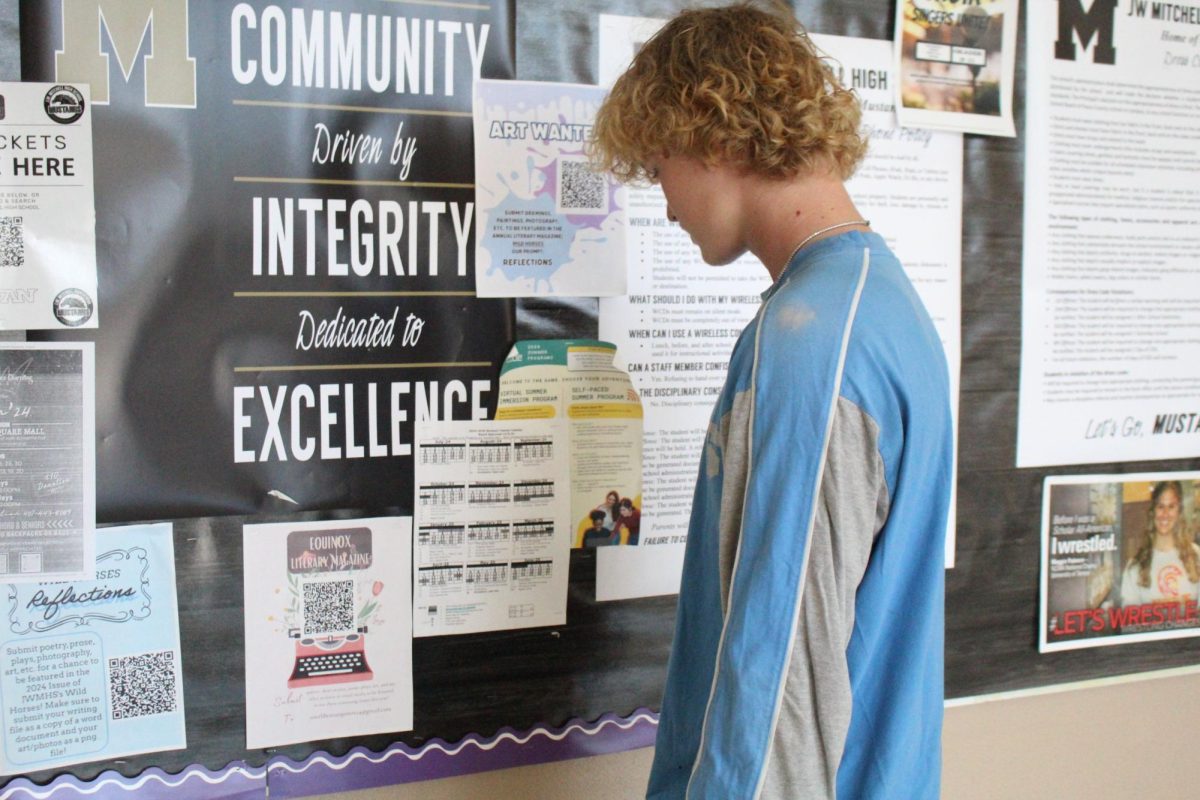
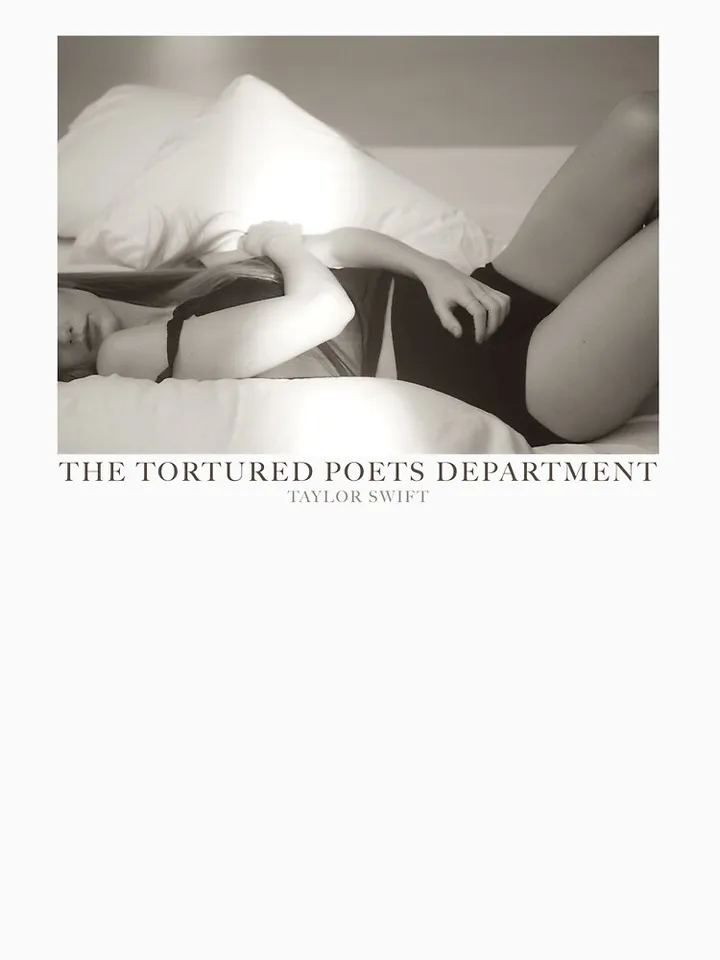

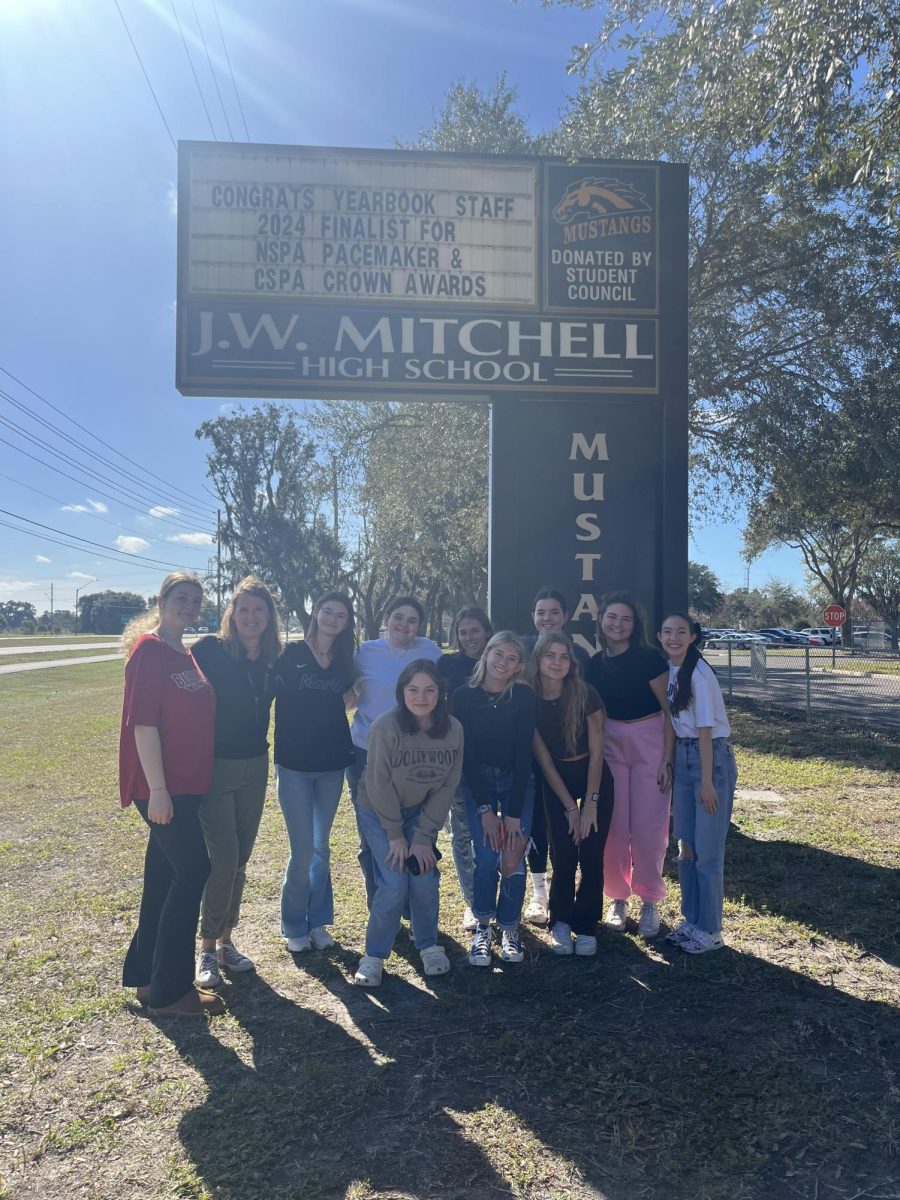
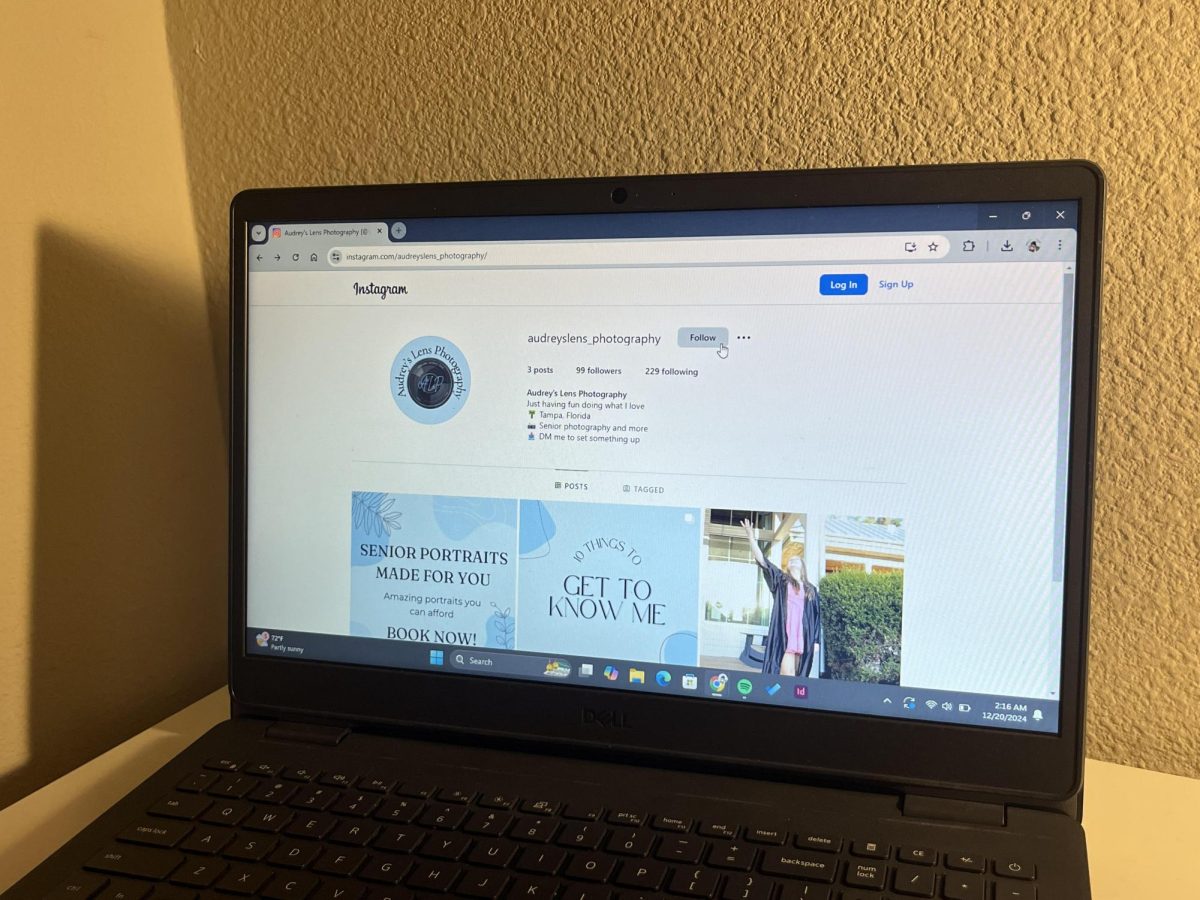
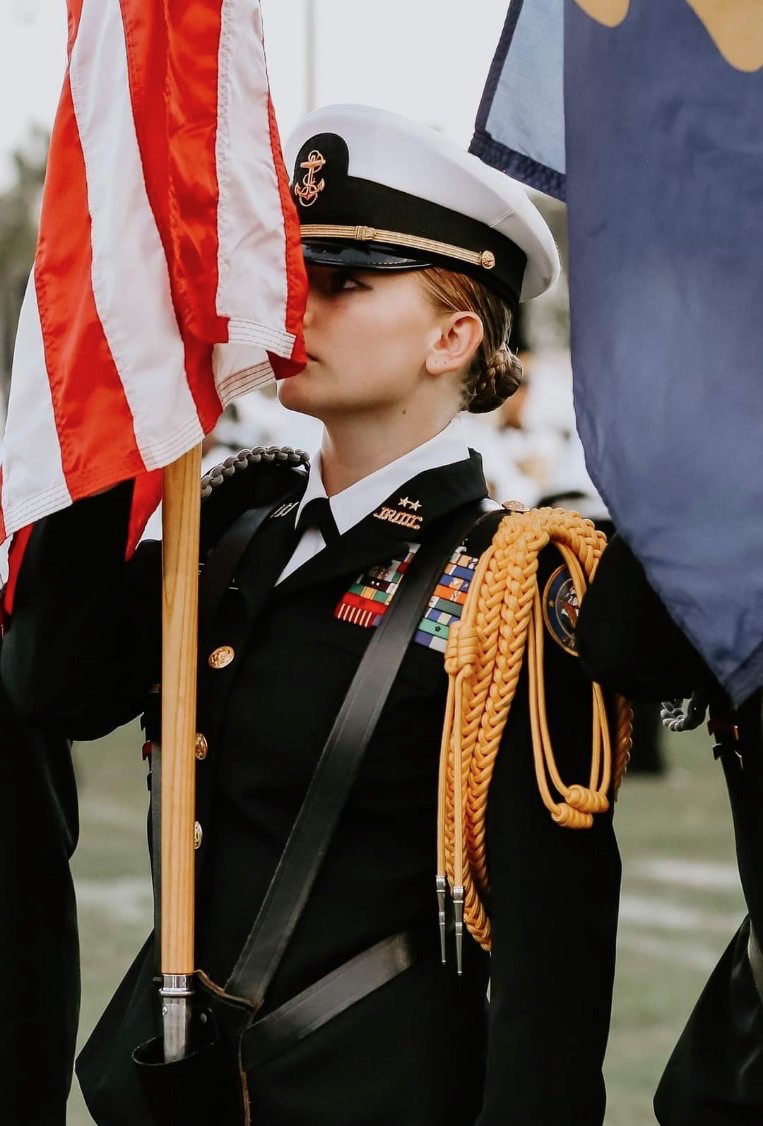



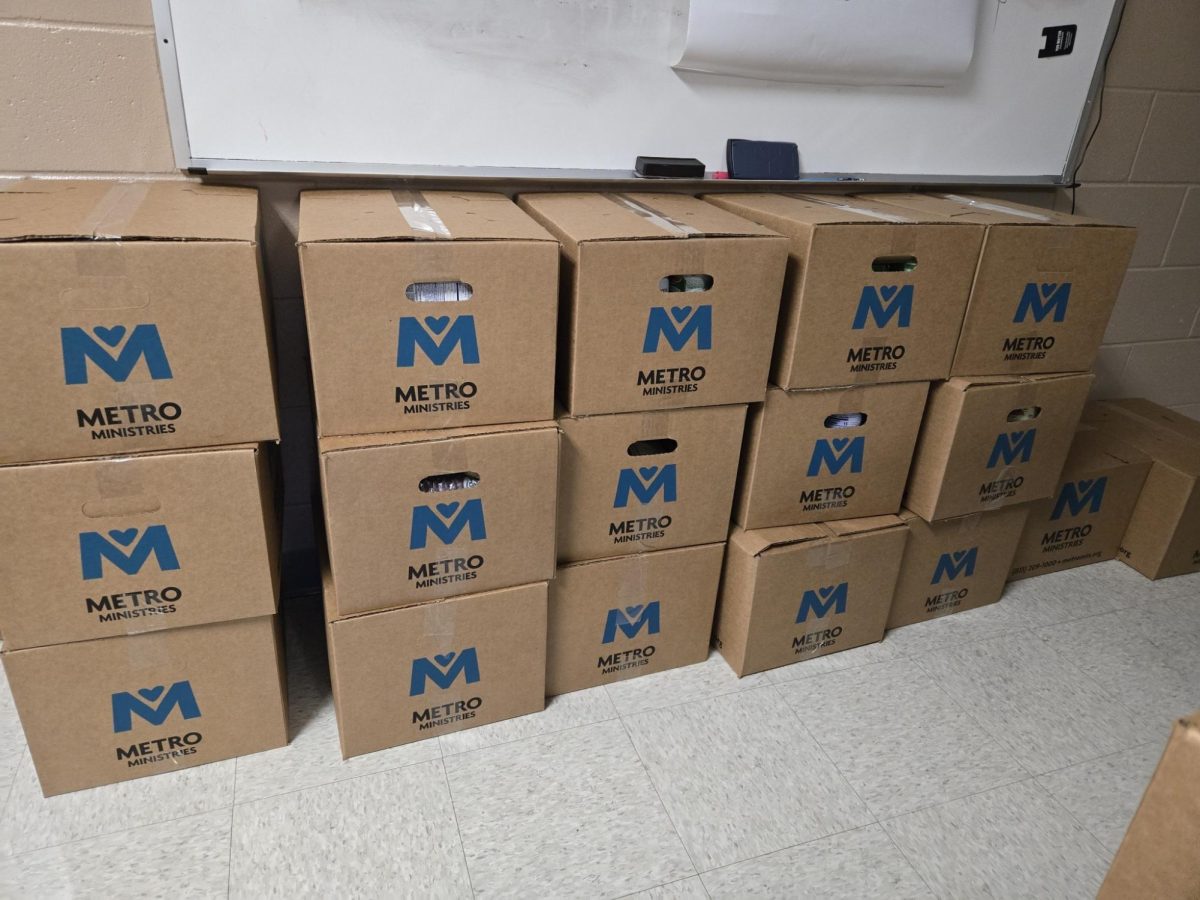

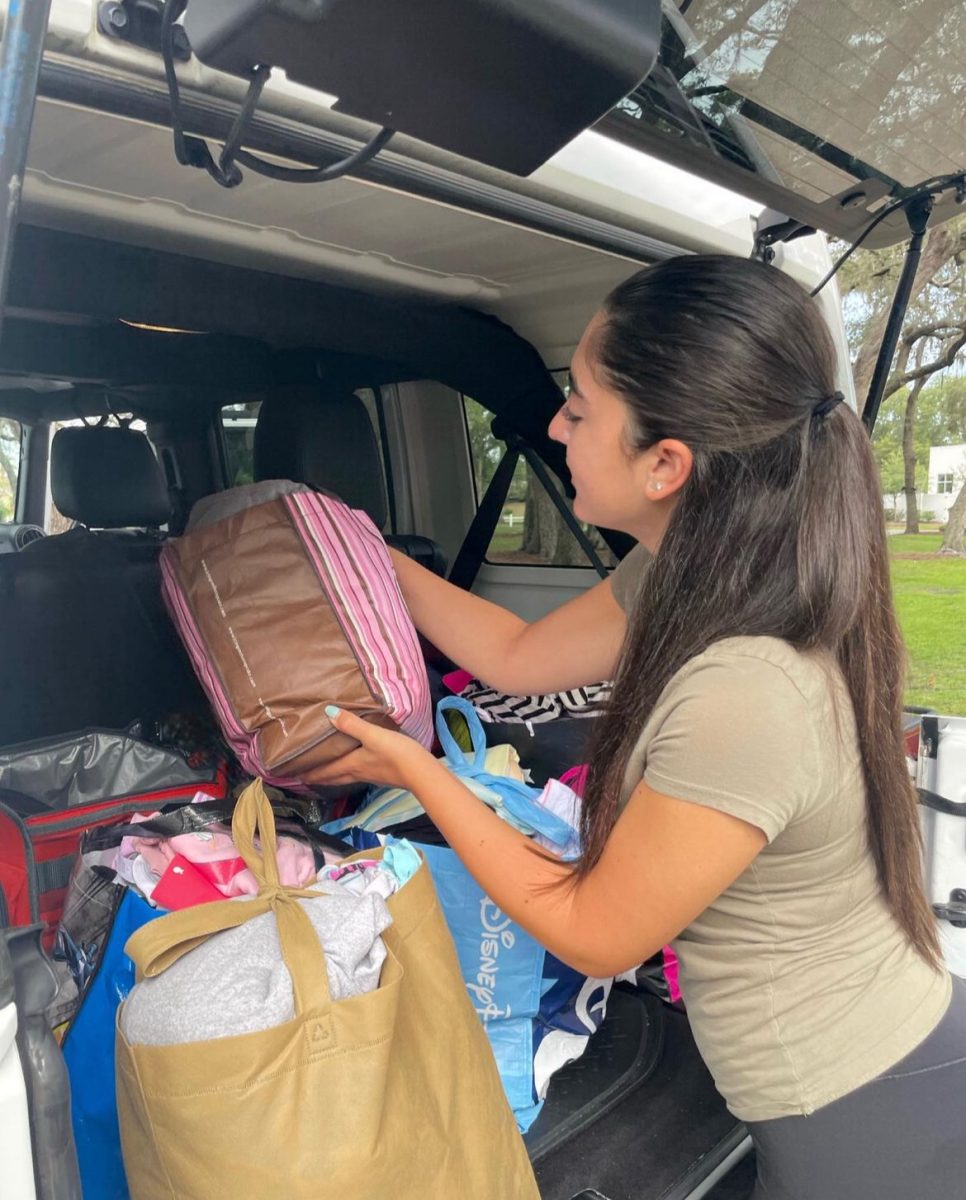

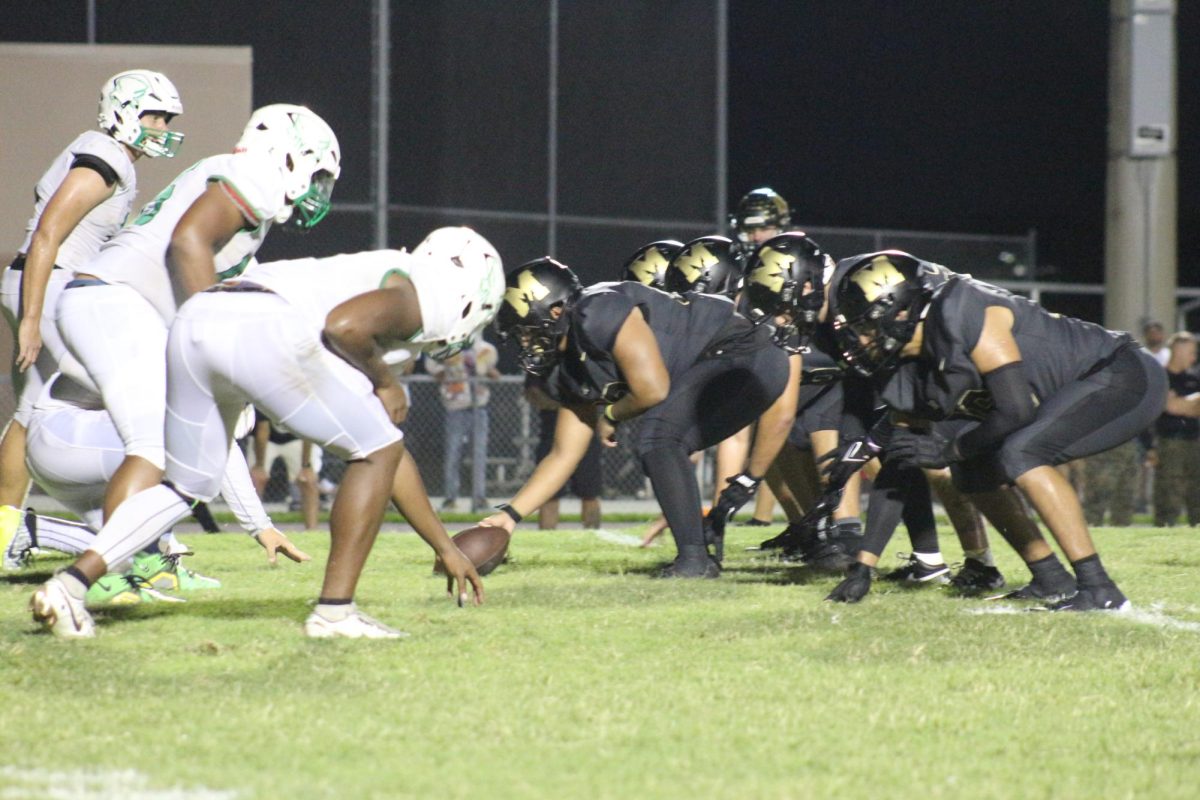

![Colin McRaven ('24) prepares to pitch the ball to an Anclote batter during the Varsity pre-season game."I like striking people out, since it's fun. The game against Anclote was pretty easy because they were less talented than our team and [I think] we were better than them in every aspect," Colin McRaven ('24) said.](https://jwmhshoofbeat.com/wp-content/uploads/2024/03/IMG_1538-1200x928.jpg)
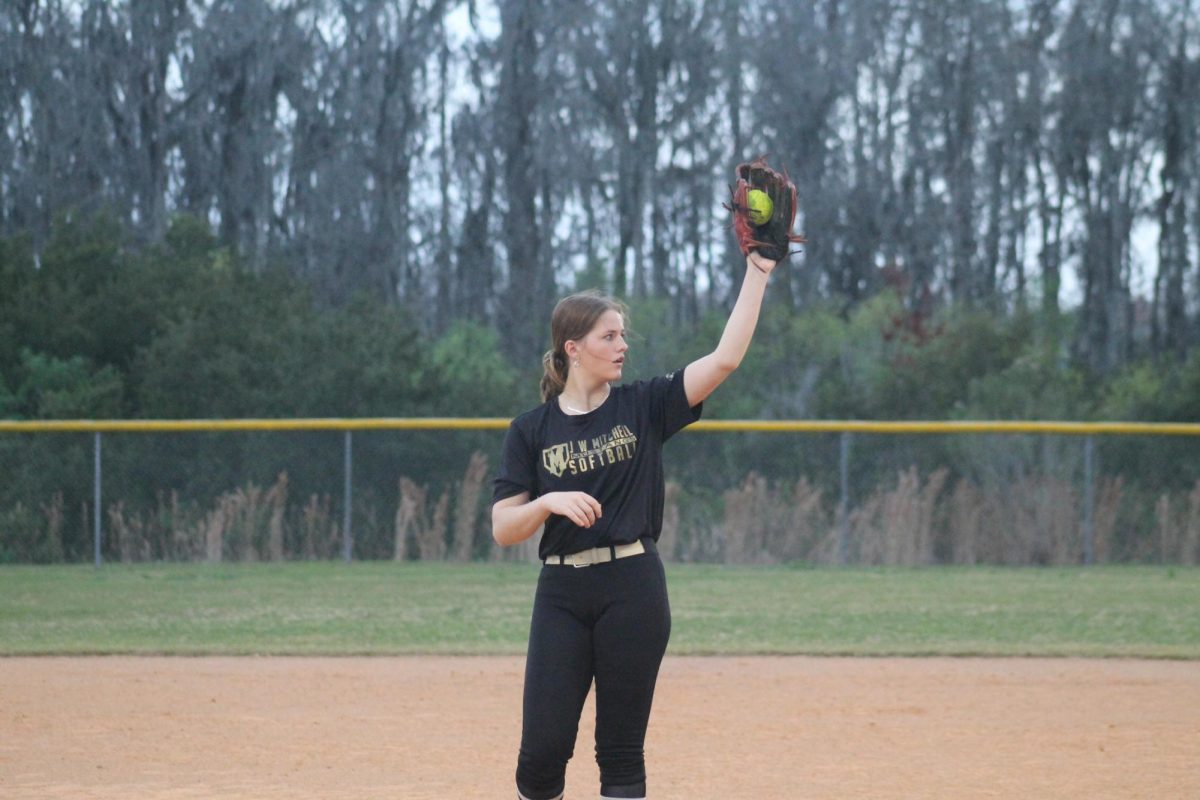
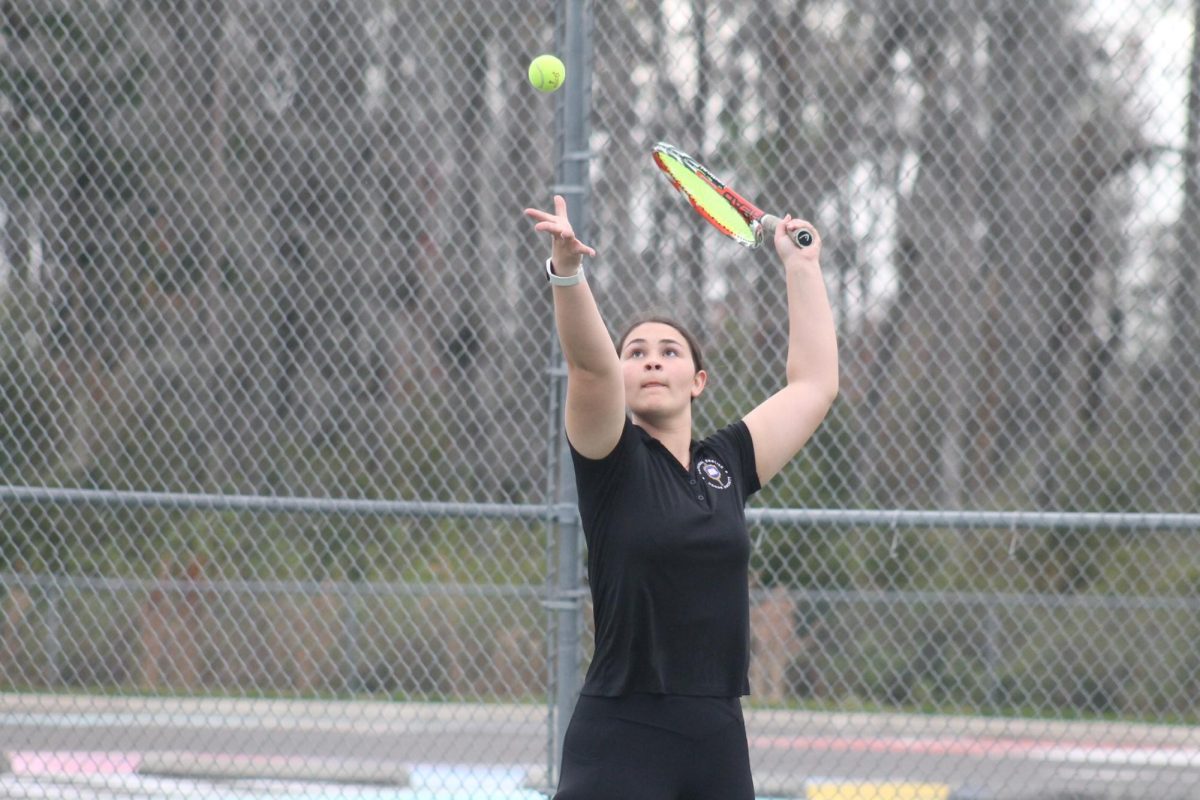


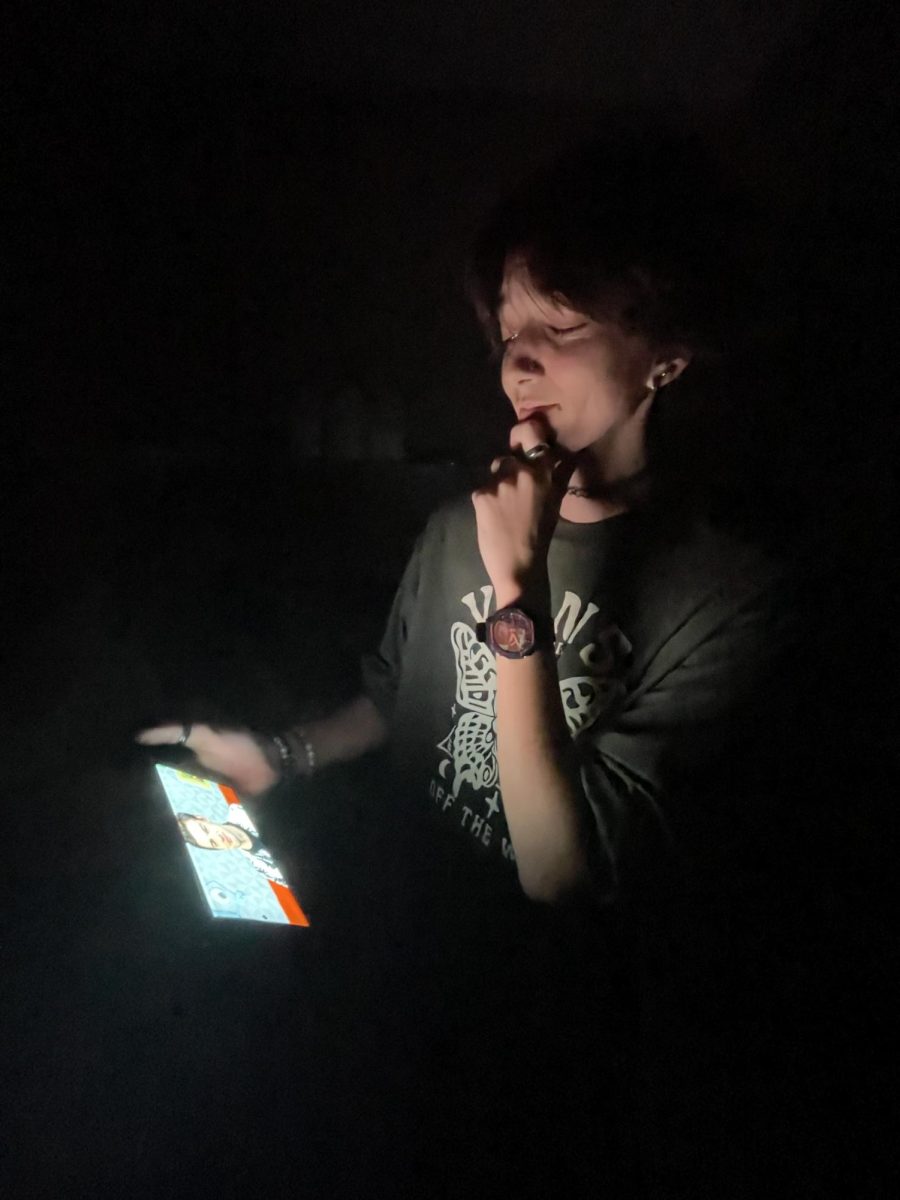
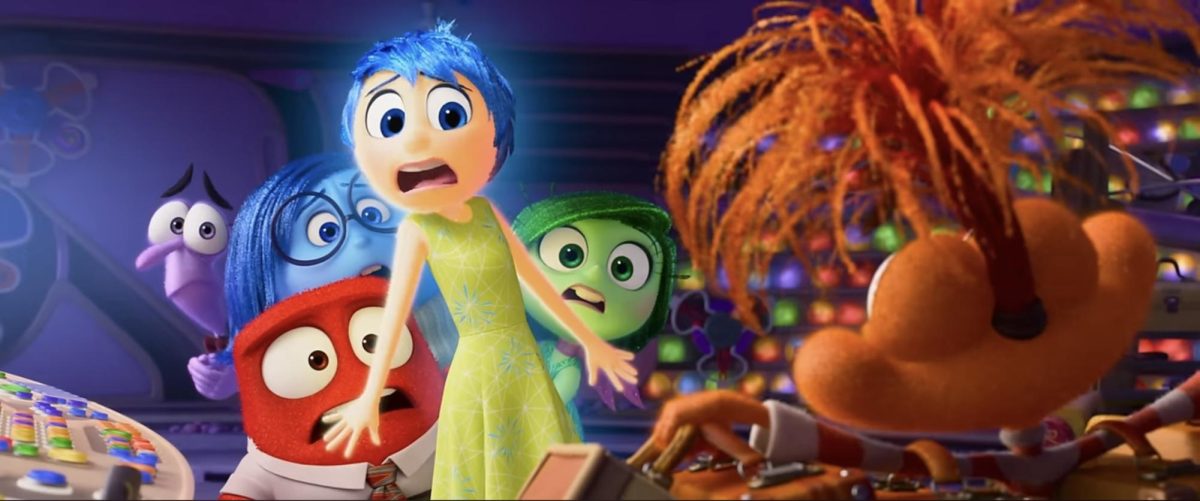

![Meryam Ghobrial’s (’27) Spotify Wrapped provided "genre" for the month of April. “Some other people got the same [AI generated] genre name for different artists of the same genre” Ghobrial said. Photo provided by Meryam Ghobrial.](https://jwmhshoofbeat.com/wp-content/uploads/2025/02/unnamed-555x1200.png)


